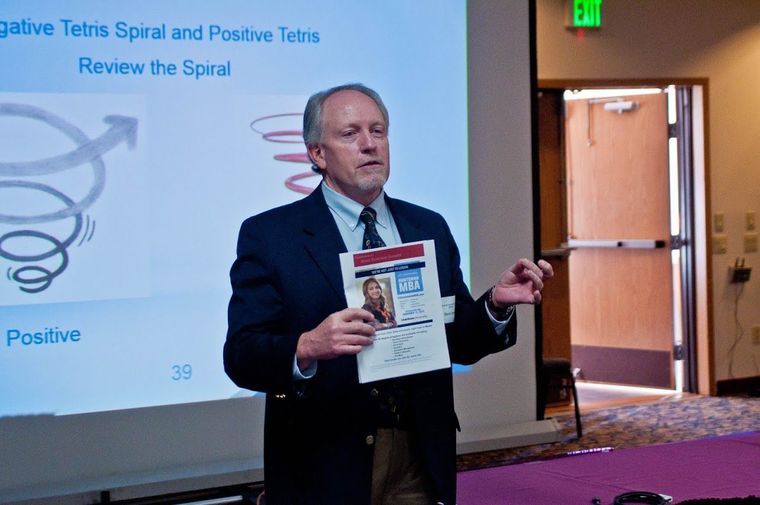Some information may be outdated.
When it comes to quality of life, local residents are almost evenly split between prioritizing environmental and business concerns, while social considerations come in a distant third, according to a new survey of local residents.
The survey was done as part of the Area Sector Analysis Program (ASAP), which seeks to help communities take concrete steps toward achieving sustainable economic development, while attracting industries that are compatible with community desires for the environment and quality of life.
“What this means to the typical Moab resident is that we very much want to attract new businesses and create new jobs, but we definitely don’t want to do it at the expense of the environment,” said Dr. Cynthia Gibson, a Utah State University-Moab faculty member in business management.
USU-Moab, along with representatives from local government, the Small Business Development Center, as well as local business owners and citizens, have been participating in an ASAP steering committee to decide what makes a good match between Moab assets, and the types of industries that would like to locate here.
“What is unique about ASAP is the bringing together, or matching, of community desires with business desires,” Gibson said.
The ASAP committee distributed several hundred surveys asking people to rate their priorities on a wide range of topics, from economic goals to concerns about environmental quality.
The committee, chaired by Moab City Manager Rebecca Davidson, has been meeting once a month since the program came to Moab in December.
Davidson said that the program is an important step in moving forward with the diversification of the community. She said it will help local leaders understand what residents think are important considerations for business types in the area, while identifying the local assets that businesses value.
“When those needs and desires meet, those businesses are a good fit for our community,” Davidson said. “Then we can spend time cultivating specific businesses.”
Davidson said that of the 180 usable responses, she believes that more than 100 business types are compatible with the community. She said that many of the business types are too large to manage, however, and that the next step would be for the ASAP group to whittle the number down to between 10 to 15 different business types.
Grand County Community Development Director Zacharia Levine said that it is important for local leaders to prioritize economic development, but added that it’s simply not enough to promote “growth for growth’s sake.”
“Economic development is more holistic and intentional,” Levine said. “It’s about community improvement – expanding employment choices, increasing the median wage and creating a resilient local economy through diversification of revenue streams.”
“Economic development contributes to quality of life,” he said.
Levine added that in addition to fostering an entrepreneurial environment, it is also important to connect the dots between affordable housing and having an available workforce.
“We often go straight to the conversation of attracting new businesses,” Levine said. “But the greatest export from rural communities is our children. It’s safe to say that our residents like businesses that hire locally and return profits into the community.”
USU-Moab Dean Dr. Steve Hawks said that ASAP has been a valuable tool for helping to identify the community’s economic goals, needs and factors that are important for industries that want to locate their operations in a community, and making sure these things are consistent with the community’s values.
Hawks encouraged local residents to get attend the final two meetings on April 13 and May 11, both to be held at noon at the USU-Moab campus.
“This has been a great process for community members to envision strategies to diversify and strengthen the local economy in ways that are consistent with community values and priorities,” he said.
Davidson said that the ASAP program is one step in a series of actions planned to cultivate and attract new businesses into the community. She said that the next is to develop an action plan with specific steps to ensure follow-up with business and industry to find new opportunities for a balanced economy.
“It is important to not only have a viable and healthy tourism-related industry here; we would like to balance that with other industries and provide other types of jobs,” she said.
Survey by USU, others finds residents want industries that match community values
We often go straight to the conversation of attracting new businesses. But the greatest export from rural communities is our children. It’s safe to say that our residents like businesses that hire locally and return profits into the community.
Appreciate the coverage? Help keep local news alive.
Chip in to support the Moab Sun News.





